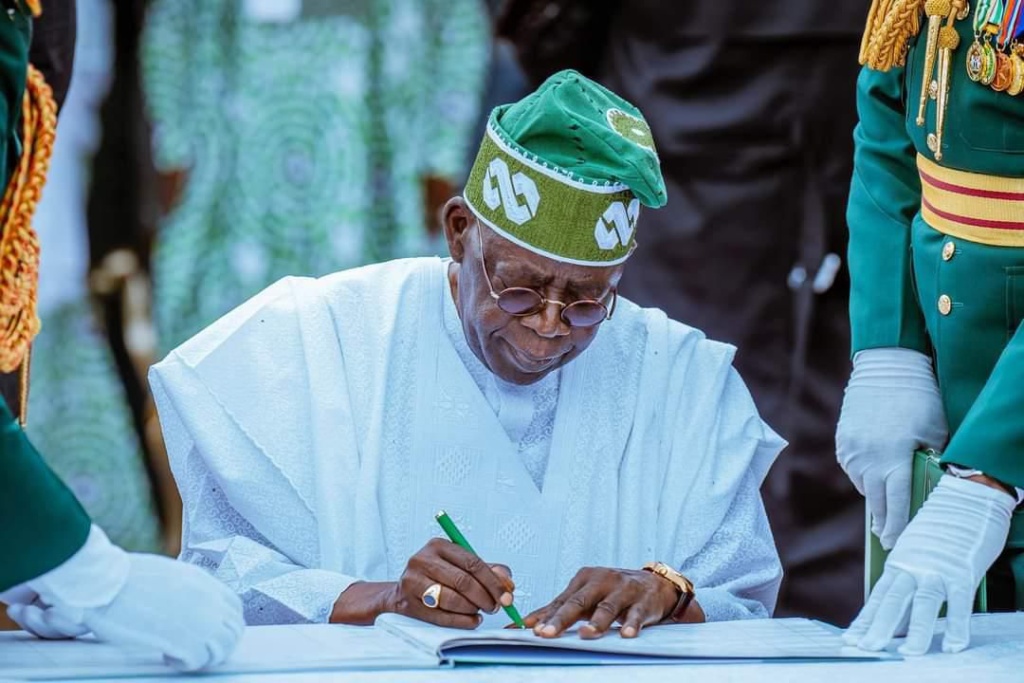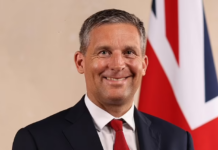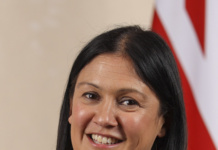
– Unlike Buhari, Rejigs Cabinet, Reduces Costs Of Governance
By Olubunmi Omoogun – President Bola Ahmed Tinubu, in reaffirming his administration’s commitment to upholding good governance ethics on Wednesday rejigged his cabinet, something the Muhammadu Buhari regime failed to do.
Nigeria’s economy seems to be struggling while the citizens of the country are trying too hard to cope with the rising food challenges, including high cost of foodstuffs and petrol. The floating of the Naira against foreign currencies has also added to the sufferings of the innocent people in the country.
But Nigerians’ perception of this government played a crucial role in President Bola Tinubu’s decision to discharge five ministers from his cabinet.
Special Adviser on Information and Strategy, Bayo Onanuga had earlier in the month given a hint about a sort of appraisal mechanism to be carried out on the cabinet. But the form, shape or time that the rejigging will commence was not disclosed by the former Managing Director of the News Agency of Nigeria, (NAN).
Tinubu, fresh from his two-week working visits to the United Kingdom and France on Wednesday re-assigned 10 ministers to new portfolios and relieved five of their duties.
The president also nominated seven new persons for Senate confirmation.
The affected ministers include Minister of Youth Development, Dr Jamila Bio Ibrahim; Minister of Tourism, Lola Ade-John; Minister of Women Affairs, Uju Kennedy-Ohanenye; Minister of Education, Tahir Mamman; and Minister of State for Housing and Urban Development, Abdullahi Gwarzo.
Onanuga also disclosed that the Special Adviser to the President on Policy and Coordination, Hadiza Bala Usman, introduced a technological system that allowed Nigerians to assess the performance of ministers.
Onanuga said that, “It wasn’t done arbitrarily. Hadiza Bala Usman brought in technology, asking Nigerians to rate the ministers”.
“So, the removal of these ministers was based on empirical facts, shaped by the public’s perception.
“The scorecards were filled out by the people, and the President acted on those results. It wasn’t just about meeting the President’s expectations but also the public’s.
“A few weeks ago, during a cabinet meeting, the President urged the ministers to inform Nigerians of their accomplishments because, according to him, there was a public perception that the government wasn’t performing. The government believed it was, but the ministers weren’t effectively communicating their work to the people”.
Onanuga also claimed Tinubu’s administration is working to reduce the cost of governance.
Infact, it is reported that the President has restricted Ministers, Ministers of State, and Heads of Agencies of the Federal Government to a maximum of three vehicles in their official convoys.
It seems the President has received a shot in the arm, some sort of motivation and courage to get rid of some of the excesses and unnecessary spending by the government.
The report says no additional vehicles will be assigned to the ministers for any movement.
Some of the new cost-cutting measures by the Tinubu government include having only five security personnel, which will comprise four police officers and one Department of State Services (DSS) officer.
The President also instructed the National Security Adviser to engage with the Military, Paramilitary and Security Agencies to determine a suitable reduction in their vehicle and security personnel deployment.
President Bola Ahmed Tinubu is determined to ensure that he delivers the dividends of good governance as promised during his campaign before becoming the President of the country.










